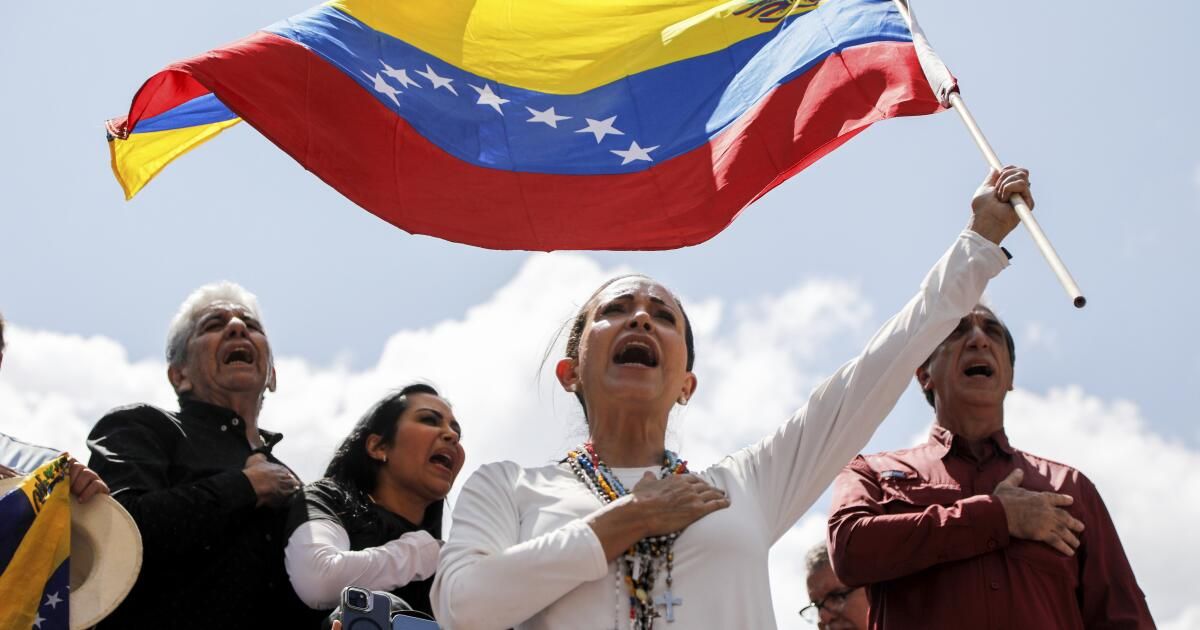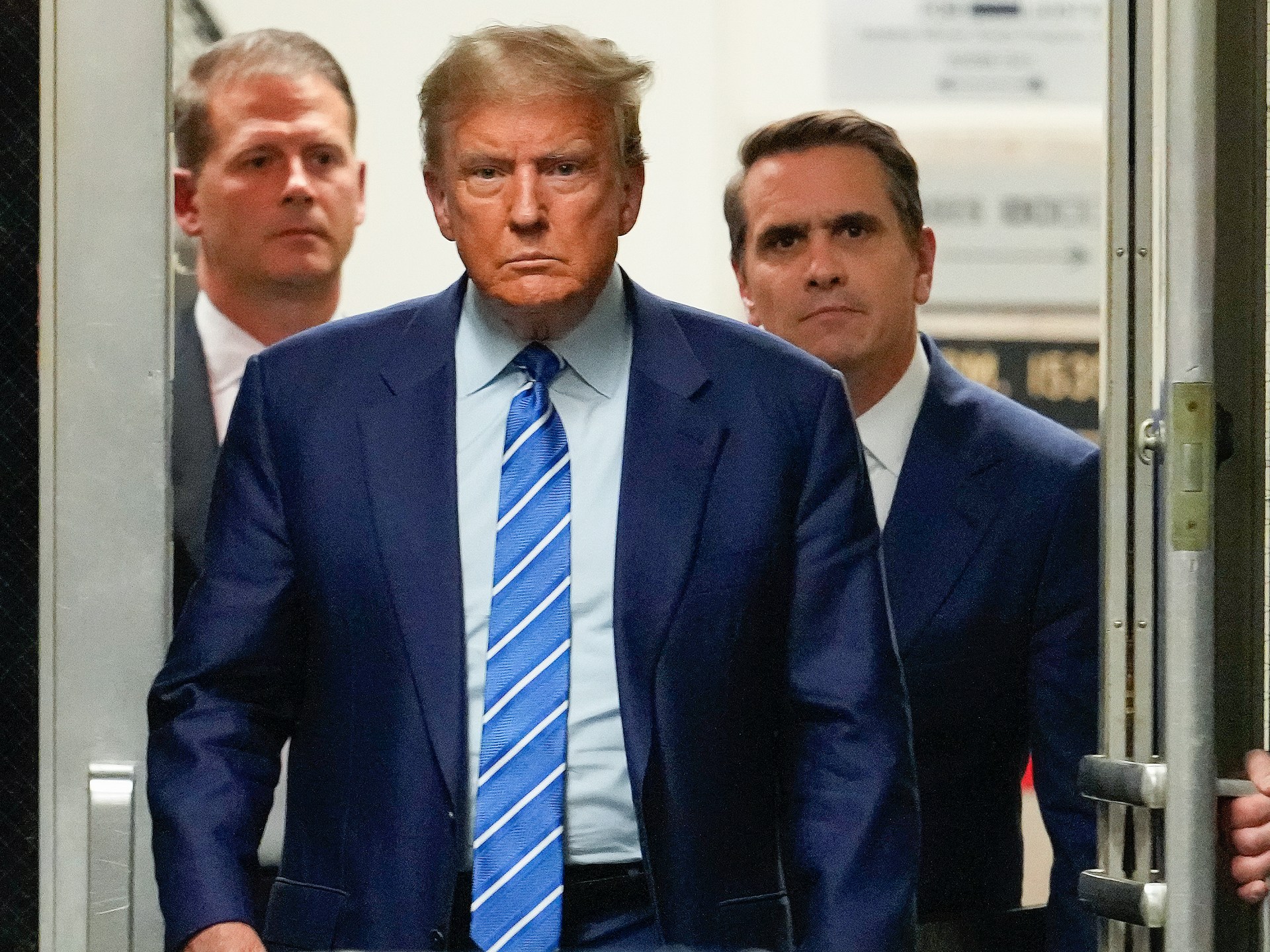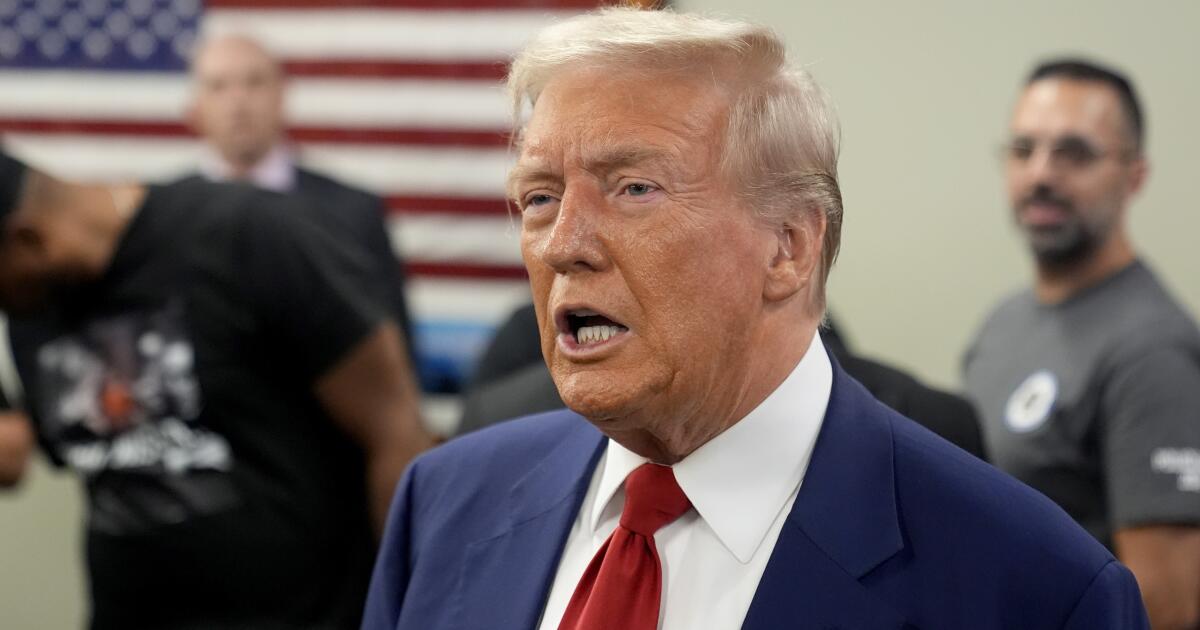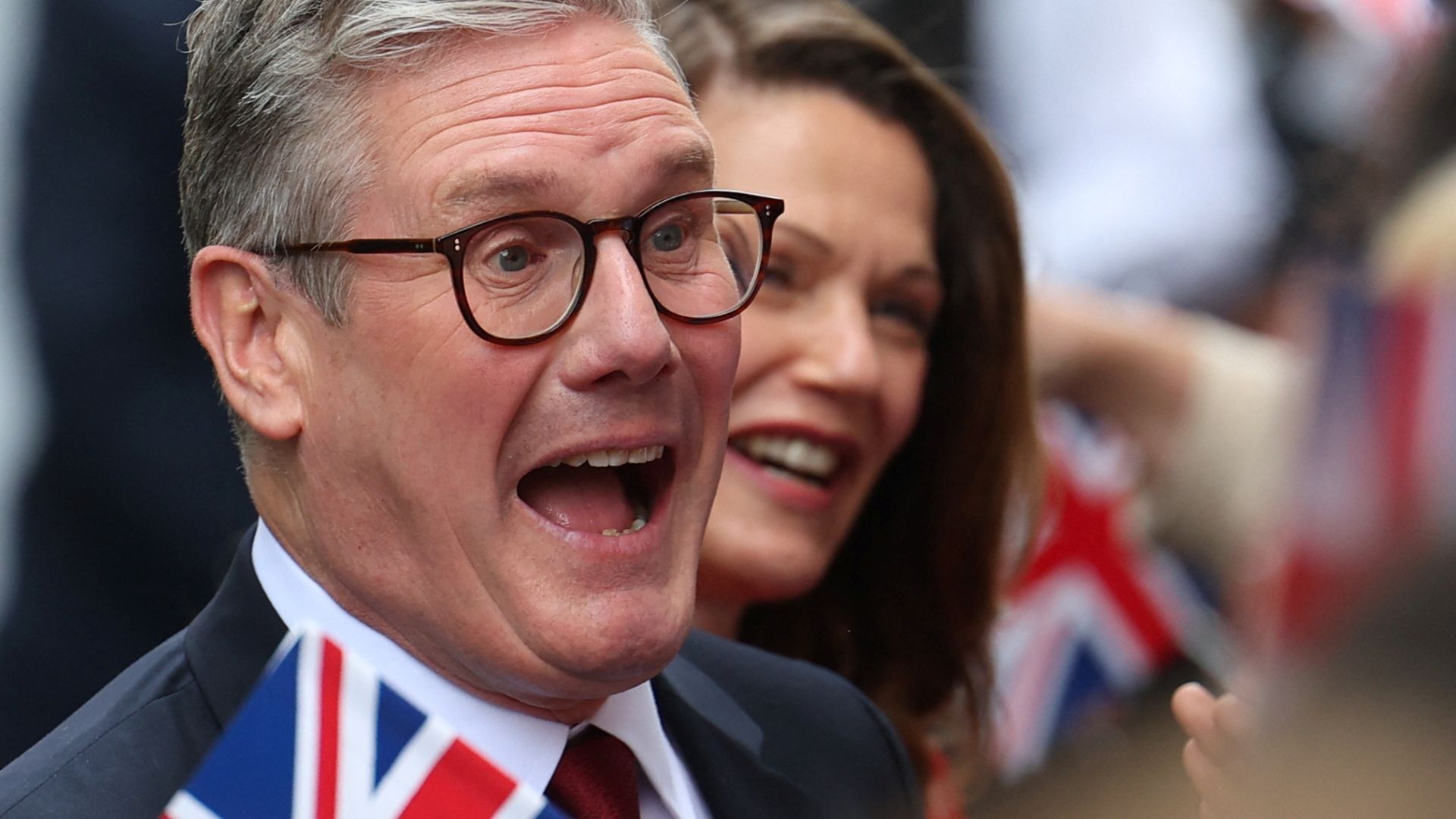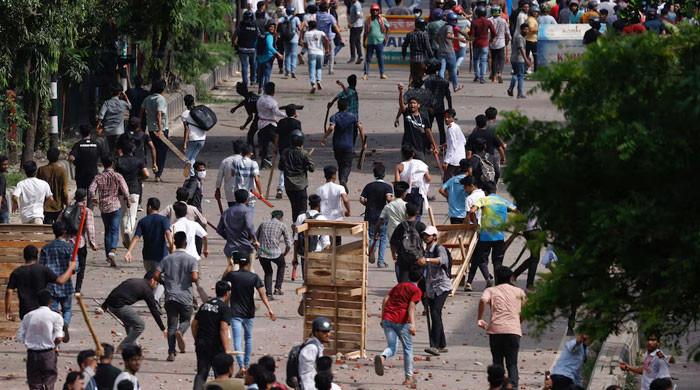With flags and voting receipts in hand, thousands of Venezuelans They have taken to the streets in Caracas and around the world to protest Nicolás Maduro's refusal to recognize their overwhelming defeat in the presidential election a month ago. The United States can do more to support them.
Opposition party leader Maria Corina Machado recently emerged from hiding to march through the streets among crowds of protesters. Stepping out of an armored truck, she urged her supporters to maintain courage, stand up for the truth and increase defiance against Maduro's fraudulent regime. She called the protests the “greatest civic feat in the country's history.” Machado warned that the movement would not cease.
After Maduro ordered his military chiefs to respond to protesters with a “iron fist”, at least 24 were found dead and 2,200 were imprisonedOpposition leaders, undaunted, plan to maintain a critical mass on the streets, woo military leaders to their side and drain the dictator of resources and power. But to accomplish all that, they will need all the help they can get from Washington.
The Biden administration has expressed openness to Talks with Caracas, but Maduro has shown that he cannot be trusted to honour his agreements. After talks with the United States in Qatar last year, Maduro's government promised to allow free and fair elections. It turned out to be another deception: not only were the elections surprisingly unfairBut Maduro responded to the result by cracking down on opposition leaders and their supporters.
Waiting for the intervention of Maduro's leftist coreligionists Colombia, Brazil and MexicoIn the meantime, it will only give the dictator more time for deception and repression.
The Biden administration has referred to The possibility of offering Maduro amnesty from drug trafficking charges if he agrees to a peaceful transfer of power. But, given his previous breaches of international agreements and with four long months left in office, that “carrot” will probably not be enough to dislodge the strongman. The United States and other foreign powers will have to threaten him with “sticks,” imposing economic and diplomatic consequences to oust him from power.
The toughest possible sanctions must be applied against Maduro and all state-owned industries for an exit plan to be his best option. Héctor Briceño, a Venezuelan postdoctoral researcher at the University of Rostock in Germany, told me that while sanctions on private companies could hurt ordinary Venezuelans, targeting state-owned companies, such as the country’s oil industry, can be effective when the regime is as cash-strapped as it is now.
“The profits from the oil industry do not reach the people,” said Briceño. “Maduro distributes them among his allies, among the military and other high officials.”
The Maduro regime, like that of his predecessor, Hugo Chavez, operates on a top-down system of bribes and threats. Threats alone work only for so long; at some point, Maduro's henchmen will expect to be paid.
In April, in response to Maduro's interference and intimidation of the opposition ahead of the election, President Biden reinstated Some of the Trump-era sanctions This had been eased following the Qatar deal, but the administration indicated it would allow certain foreign oil operations to continue in the country.
The Maduro government’s objections to the reimposition of sanctions have shown that they have an impact, but its continued intransigence also reveals that they have not gone deep enough to affect its behavior. And this is the worst time to be generous to the regime. Why not delay the authorizations of the remaining underperforming, risky and environmentally dangerous foreign oil companies, at least until a democratic government is in power?
Washington should also officially recognize Edmundo González Urrutia as the country's legitimate incoming leader. The Biden administration has joined other countries in recognizing that González won the election, but stopped suddenly to call him president-elect.
The government cannot necessarily guarantee that Venezuela's valiant fight for freedom will prevail, but doing less than it can will only help Maduro and his cronies enrich themselves and boldly prolong their grip on political power.
The stakes could not be higher. Nearly 8 million Venezuelans have emigrated to the United States and other countries in search of a better future, and 40 percent of those who stayed say they no longer want to stay in the country. plans to leave If Maduro fails to do so, a once-thriving economy has been devastated by years of inept and corrupt government, and the country has become a haven for institutionalized crime and terrorism and a threat to the security of the entire hemisphere.
The courageous Venezuelan resistance is not giving up, and neither should the United States. This is a golden opportunity to end 25 years of misery under Chavez and Maduro.
Kristina Foltz is a researcher and writer based in California and Colombia. @kristinafoltz1

